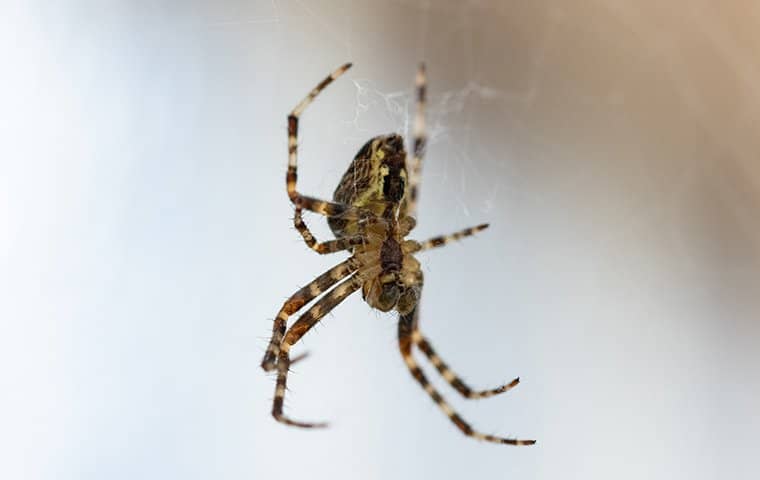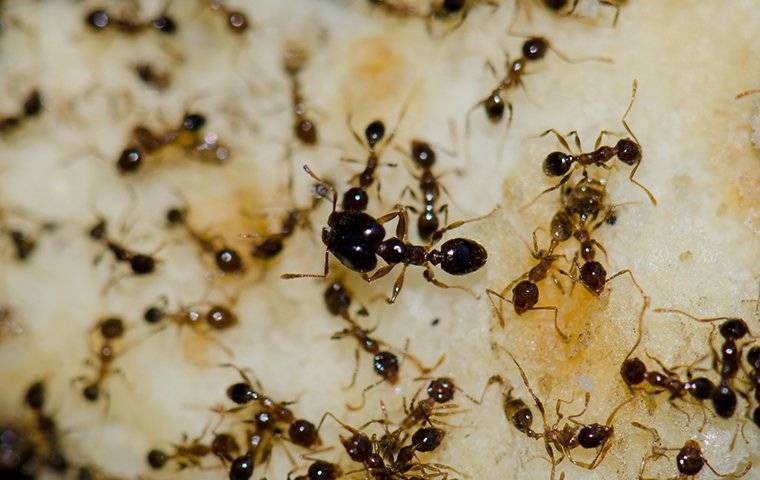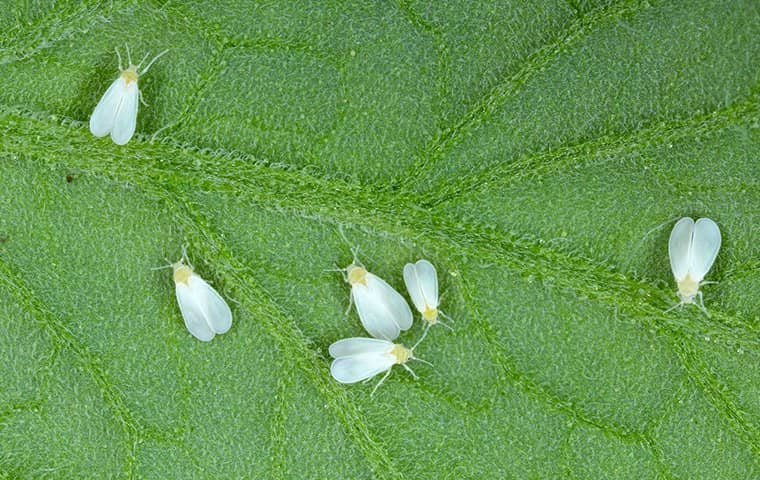
West Palm Beach's Ultimate Guide To Spider Control
March 31, 2024
Concerned about spiders in West Palm Beach? Discover how Empire Pest Defense can make your home spider-free!... Read More
Request Your Inspection Today! (561) 798-7216
Get StartedBig-headed ants vary in color from red to brown to light yellow. These ants are unique because the workers come in two different sizes — major and minor. The minor worker's body and head are proportionate in size. The major worker's heart-shaped head is noticeably larger than the rest of the body.

Big-headed ants construct mud tubs, which often cause them to be confused with wood-eating termites. However, unlike termites, these ants don't feed on wood and aren't responsible for causing structural damage.
Big-headed ants build supercolonies, a series of connected smaller colonies, which allow them to gather food and distribute it to all their colony members. This behavior and multiple nesting sites can make them difficult to control and eliminate.
Like most other ants, big-headed ants are also annoying to deal with on our properties. They forage for food and moisture and create nesting sites, leaving behind piles of debris and dirt. When in our homes, they will contaminate food and surfaces with bacteria and other pathogens they came into contact with outside.
Big-headed ants are omnivores and will feed on other insects, honeydew, proteins, grease, and sweets. They will forage for food in our Florida yards in the following places:
Gardens that offer a lot of insect activity.
Trash cans and recycling bins.
Pet food.
Outdoor eating areas.
Food odors and moisture will also attract these ants to the outside walls of buildings. As they travel over them, they move inside through cracks in the foundation and spaces around windows and doors.
Outside, these ants build nests in open, well-shaded areas, including next to the foundations of homes and other structures. The soil next to trees, patios, sidewalks, driveways, and pavers are examples of other areas these ants like to nest. As ants create their nesting galleries, they move the soil they excavate up to the surface of the ground and through cracks in pavement, cement, walls, floors, and baseboards.
Big-headed ants also move into our homes while seeking moisture and food. Once inside, it is common for them to stay and build a satellite nest to expand the colony. They prefer to nest behind walls in areas where moisture is present (pipes, fixtures, tubs, sinks, air conditioners).
Wall void in basements, kitchens, and bathrooms are common areas in a home to find these ants nesting. Spaces behind windows and doors are other favorite nesting sites.
To get rid of the current problems you are experiencing with big-headed ants in your West Palm Beach home or business, reach out to the Empire Pest Defense experts. We know how difficult these pests are to get rid of and are ready to help! We will protect your property from big-headed ants and other pests through detailed inspections, interior and exterior treatments, and ongoing services. Empire Pest Defense is a local company that understands the needs of West Palm Beach residents and will work with you to keep your residential or commercial property free of pests. Contact us today and learn more about our effective pest control services!
Avoid problems with big-headed ants with the help of the professionals at Empire Pest Defense, our effective pest control solutions, and our practical prevention tips:
Regularly inspect your house and seal openings in the foundation, exterior walls, and roofline.
Place weatherstripping around windows and doors and covers over vents.
Leave a stone or rock barrier between the damp mulch or soil and the foundation of your home.
Reduce areas of excess moisture in and around your home by maintaining gutters and repairing leaky pipes.
Make sure kitchens, basements, and bathrooms are well-ventilated.
Regularly wash dishes, vacuum, wipe down counters to remove food debris from your house that could attract ants.
Keep tight-fitting or locking lids on outdoor trash cans and compost bins.
Complete the form below to schedule your no obligation inspection.

March 31, 2024
Concerned about spiders in West Palm Beach? Discover how Empire Pest Defense can make your home spider-free!... Read More

March 20, 2024
Is your West Palm Beach garden suffering from white flies? See how the pros at Empire Pest Defense can help restore its health.... Read More